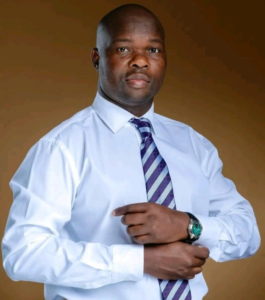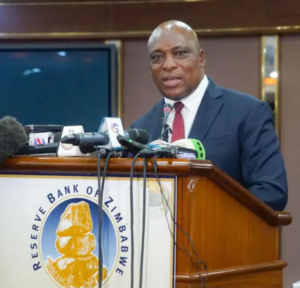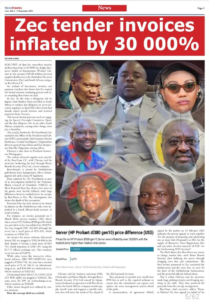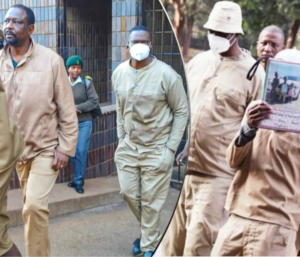ZIMBABWE MUST STOP CRACKDOWN ON ACTIVISTS BEFORE SADC SUMMIT

Zimbabwean authorities must stop their unfair treatment of civil society and opposition activists, according to Amnesty International and Human Rights Watch. These human rights groups are urging the government to respect the rights of its people, especially with an important meeting coming up. The Southern African Development Community (SADC) summit, scheduled for August 17 in Harare, is a key event where leaders from the region will gather. Many believe that Zimbabwe should show its commitment to human rights before this meeting.
The human rights organizations have called for an end to the aggressive actions against civil society and opposition activists. They are concerned that many people have been arrested simply for using their constitutional rights. These rights include the freedom to speak openly, protest peacefully, and organize without fear. Amnesty International and Human Rights Watch believe this crackdown is wrong and goes against both Zimbabwe’s own laws and international human rights standards.
The groups have also asked Zimbabwe to release anyone who has been jailed for exercising these rights. They argue that no one should be in prison for peacefully expressing their opinions or organizing protests. The growing restrictions on freedom in Zimbabwe are especially troubling as the SADC summit approaches.
The situation in Zimbabwe is alarming because the number of arrests and harassment of opposition activists and civil society members is increasing. The government has been using its power to silence anyone who disagrees with them. Many people are afraid to speak out because they worry they will be arrested or face violence. Human rights groups have pointed out that this is not how a democracy should work. In a true democracy, people must be free to express their views, even if those views are critical of the government.
One of the most concerning parts of this crackdown is that it seems to be aimed at people who are simply trying to make Zimbabwe a better place. Many activists have been arrested during peaceful protests or even just for speaking out on social media. These arrests suggest that the government is trying to silence anyone who challenges them.
Human rights groups are also worried that the situation could get worse as the SADC summit gets closer. With international leaders coming to Zimbabwe for this important event, there is concern that the government will try to prevent protests from happening. Instead of addressing the problems raised by the activists, the government might try to cover up the issue by arresting more people.
The crackdown on civil society and opposition activists is not new in Zimbabwe. In the past, the government has been accused of using similar tactics to silence dissent. However, the upcoming SADC summit has put more pressure on Zimbabwe to show that it respects human rights. If the government continues to crack down on activists, it could face criticism from other countries in the region.
Amnesty International and Human Rights Watch have said that the SADC summit presents a chance for Zimbabwe to prove that it values human rights. The groups have urged the authorities to stop the crackdown and release all those who have been jailed for peacefully exercising their rights. They believe that Zimbabwe should take this opportunity to show the world that it is committed to democracy and the rights of its people.
As the SADC summit draws near, the situation in Zimbabwe remains tense. Many people are watching to see how the government will respond to the calls from human rights groups. Will Zimbabwe stop its crackdown on civil society and opposition activists? Or will it continue to use harsh measures to silence anyone who speaks out against it?
For now, Amnesty International and Human Rights Watch stand by the activists, calling for their immediate release. They believe that the future of Zimbabwe depends on how the government treats its people. If Zimbabwe wants to be seen as a true democracy, it must respect the rights of its citizens, including the rights to free speech and peaceful protest. The world will be watching on August 17 to see what happens next.




